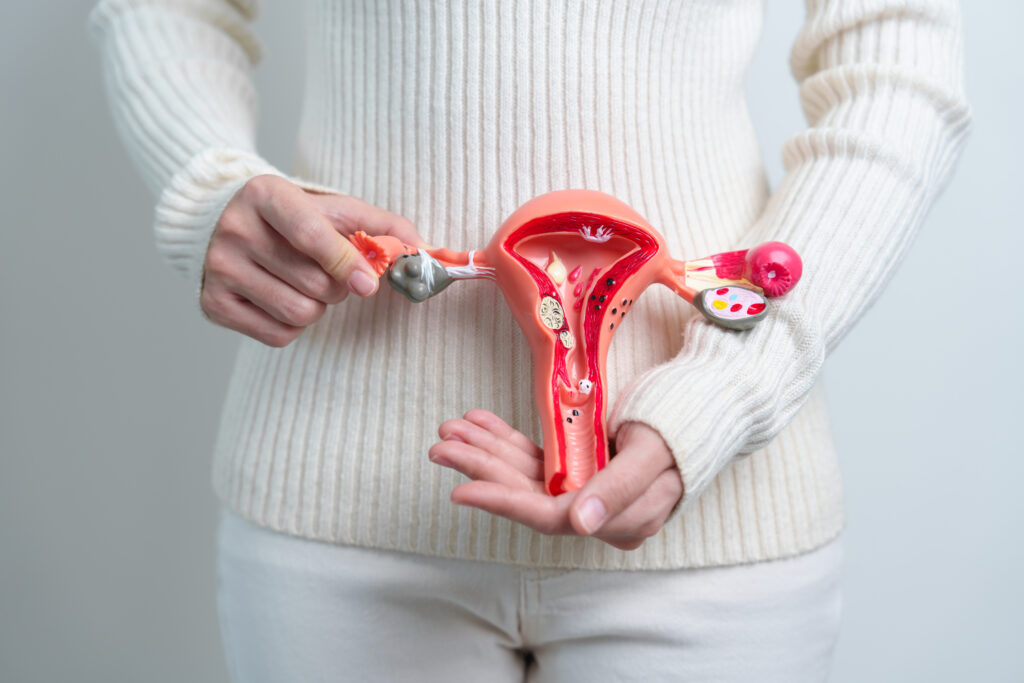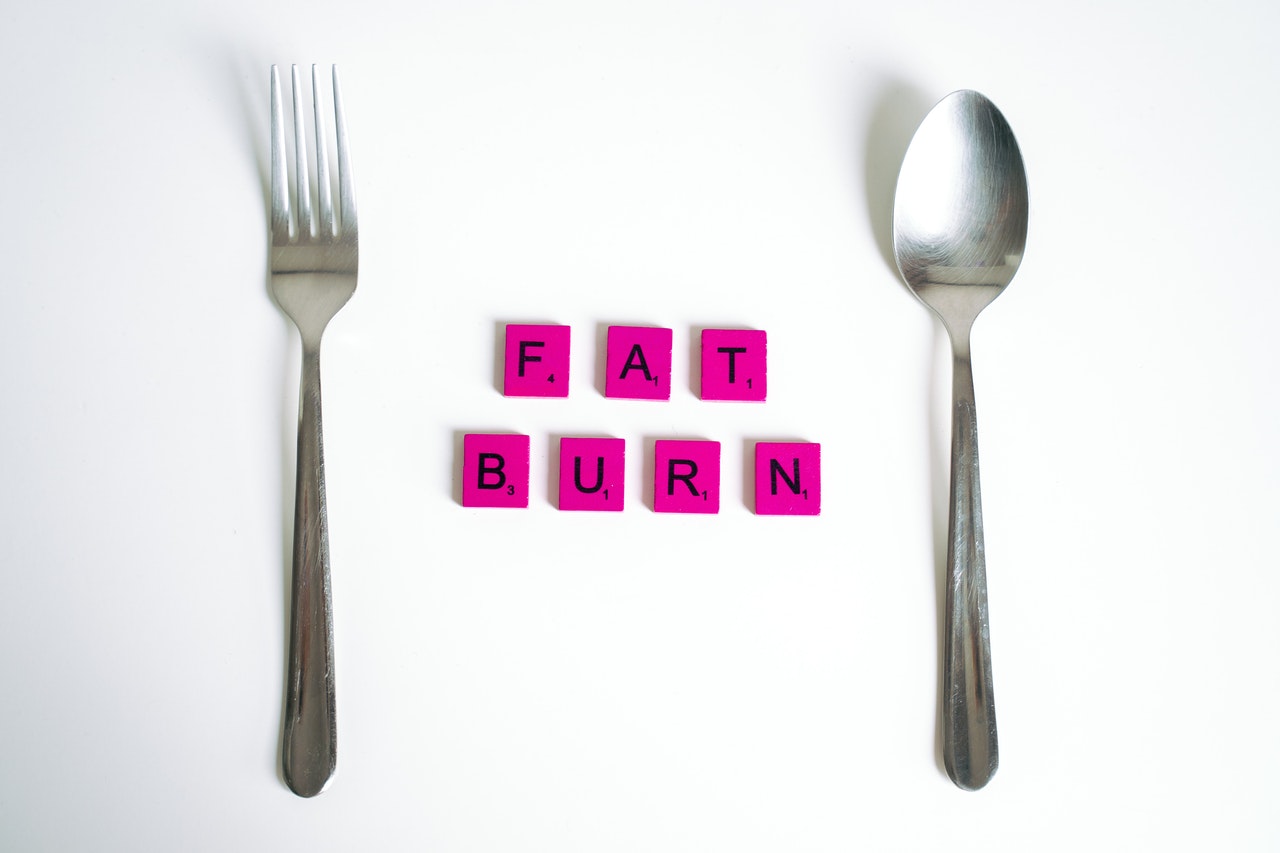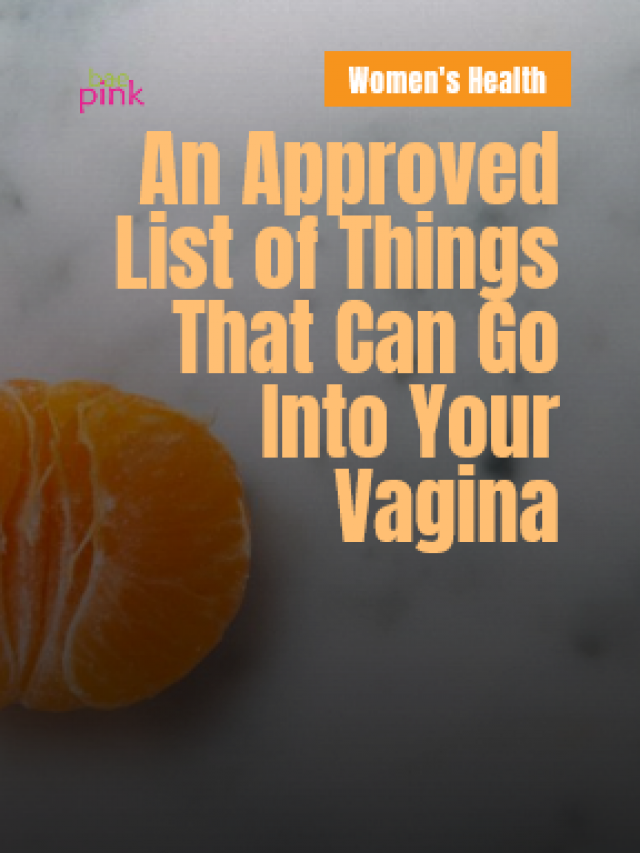Women’s health is about the prevention, screening, diagnosis, and treatment of disorders that are unique to women. One of the most common digestive system diseases affecting women of reproductive age is polycystic ovarian syndrome (PCOS), also known as hyperandrogenic anovulation (HA) or Stein-Leventhal syndrome. In India, about 6–21% of women have PCOS.
PCOS Insights
The condition may be primarily biochemical (high testosterone levels) or morphological (polycystic ovaries). PCOS can cause women to develop excessive hair and acne. It can also cause cysts on the ovaries and interrupt normal menstrual cycles. A growing amount of research suggests that PCOS may have a major impact on a woman’s capacity to get pregnant and the long-term health of both her and her child. The higher chance of miscarriage is observed in women with PCOS.

Pregnancy Complications with PCOS
Women with PCOS are at higher risk for certain problems or complications during pregnancy. In addition, babies born to mothers with PCOS are at higher risk of spending time in the neonatal ICU or dying before, during, or right after birth.
Pregnancy complications related to PCOS include Miscarriage or early loss of pregnancy, pregnancy-induced high blood pressure and Preterm birth.
Even though polycystic ovary syndrome (PCOS) is a leading cause of infertility in women, PCOS-related infertility is treatable in most cases. Women with PCOS can and do still get pregnant.

A serious depressive condition known as postpartum depression (PPD) typically manifests itself 6 to 12 weeks after childbirth, though it can occur at any point up to a year later. Compared to women without PCOS, women with PCOS have a greater possibility of being overweight or obese. This can also be seen during pregnancy, as PCOS-afflicted women tend to gain more weight during pregnancy (gestational weight gain).
Postpartum Care for PCOS Moms
For patients who were obese, the first course of care was lifestyle modification, behavioural as well as dietary and exercise interventions have been beneficial in improving reproductive and metabolic characteristics in PCOS.
In contrast to exercise, yoga is more beneficial in reducing mental disturbance, weight, menstruation issues, and body hair. Yoga is more successful in easing the symptoms of PCOS. It is the best complementary and alternative therapy because it helps in weight loss, relaxes body and mind, relieves stress, regulates blood circulation, and boosts the
metabolism of the body.
Some important yoga steps or postures are known to have a discernible effect on the uterus, ovaries, and reproductive organs in addition to digestion (daily for one hour).

- Suryanamaskara
- Pranayama
- Asana
- Meditation
For PPD (postpartum depression) patients, boosting with trace elements may be an alternative course of care. Women experiencing postpartum depression were shown to have lower blood concentrations of zinc and insufficient consumption of magnesium.
Zinc is involved in taste perception and promotes healthy growth and development during pregnancy, infancy, childhood, and adolescence. It can be obtained from meat, fish, and shellfish. Although entire grains, beans, and nuts contain zinc.
The effectiveness of magnesium supplementation in reducing hypertension in pregnant women has been evaluated in several trials. Food sources for magnesium such as leafy greens, beans, nuts, and seeds; alternatively, take a reasonable amount of magnesium supplements.

Infections, hereditary factors, and anaemia are most frequently caused by iron deficiency. An increased iron supply leads to a larger haemoglobin concentration, which not only boosts oxygen-carrying ability but also acts as a buffer against blood loss after delivery. The foods that are not animal-based include dry fruits, nuts, oilseeds, green leafy vegetables, and jaggery.
Holistic Postpartum Care for PCOS Moms

PCOS affects women before, during, and after pregnancy, posing various health challenges. Effective management through lifestyle modifications, yoga, and nutritional support can significantly improve reproductive and metabolic health. Embracing a holistic approach ensures better postpartum care and overall well-being for PCOS moms.






















